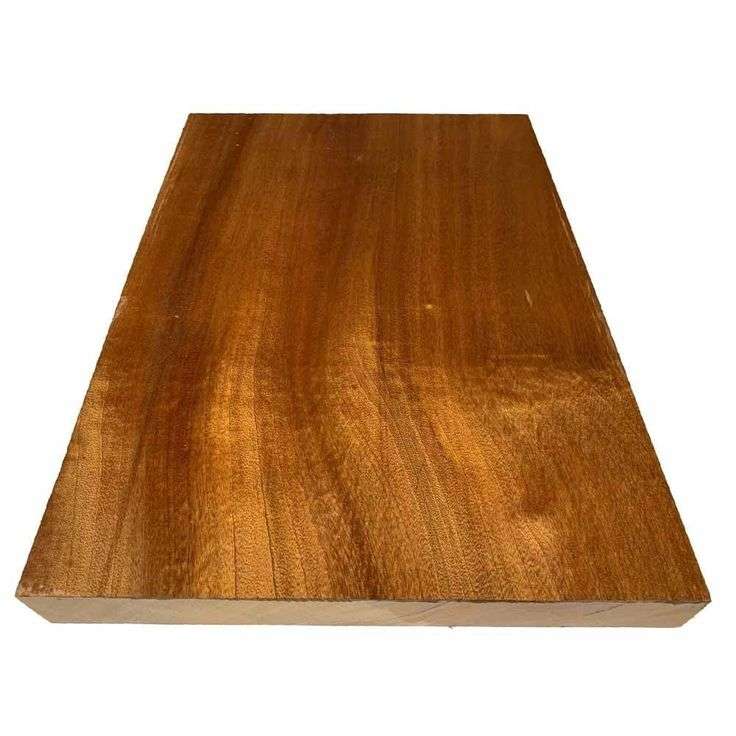Crafting the Perfect Sound: Tonewoods Explained
The journey to crafting the perfect guitar sound begins with understanding tonewoods. These specialized woods are selected for their unique acoustic properties, influencing the instrument's resonance, sustain, and tonal quality. Guitar tonewoods, such as spruce, mahogany, and rosewood, each contribute distinct characteristics to the final sound. For instance, spruce is renowned for its bright and clear tones, making it a popular choice for acoustic guitar tops. Mahogany offers a warm, mellow sound, while rosewood provides rich overtones and strong bass response. The tonal nuances brought by these woods cannot be replicated by synthetic materials, highlighting the importance of natural luthier wood in fine instrument building.
When searching for guitar tonewoods for sale, it's essential to consider the desired tonal outcome and the specific type of guitar being built. Tonewood shops often provide a variety of options, catering to different sound preferences and playing styles. Luthier wood suppliers play a crucial role in this process, offering high-quality materials that meet the specific needs of guitar makers. These suppliers ensure that the woods are properly seasoned and cut to enhance their acoustic properties. A well-aged piece of tonewood not only ensures stability and durability but also improves tonal richness over time, something sought after by professional luthiers and musicians alike.
The selection of tonewood also impacts the instrument's aesthetics. Different woods exhibit unique grain patterns and colors, adding visual appeal to the guitar. For example, maple is not only valued for its bright tone but also for its striking flame patterns. Luthier tonewood suppliers often provide detailed descriptions and images to help builders choose woods that align with both their sonic and visual preferences. The artistry involved in pairing woods for both function and form is a testament to the craftsmanship of expert luthiers, who see the guitar not just as an instrument, but as a work of art.
In addition to traditional choices, many tonewood suppliers now offer exotic and sustainable options. These alternatives provide unique tonal characteristics and support environmentally responsible practices. For instance, woods like koa and ziricote are gaining popularity for their distinctive sounds and beautiful appearances. Luthier wood supply companies are increasingly sourcing these materials responsibly, ensuring the longevity of these resources. This not only supports conservation efforts but also opens up new creative possibilities for guitar makers looking to stand out in a competitive market.
https://needyhands.wordpress.c....om/2025/04/04/the-ma
#tonewoods
#guitar_tonewoods
#guitar_tonewoods_for_sale
#tonewood_shop
#luthier_wood
